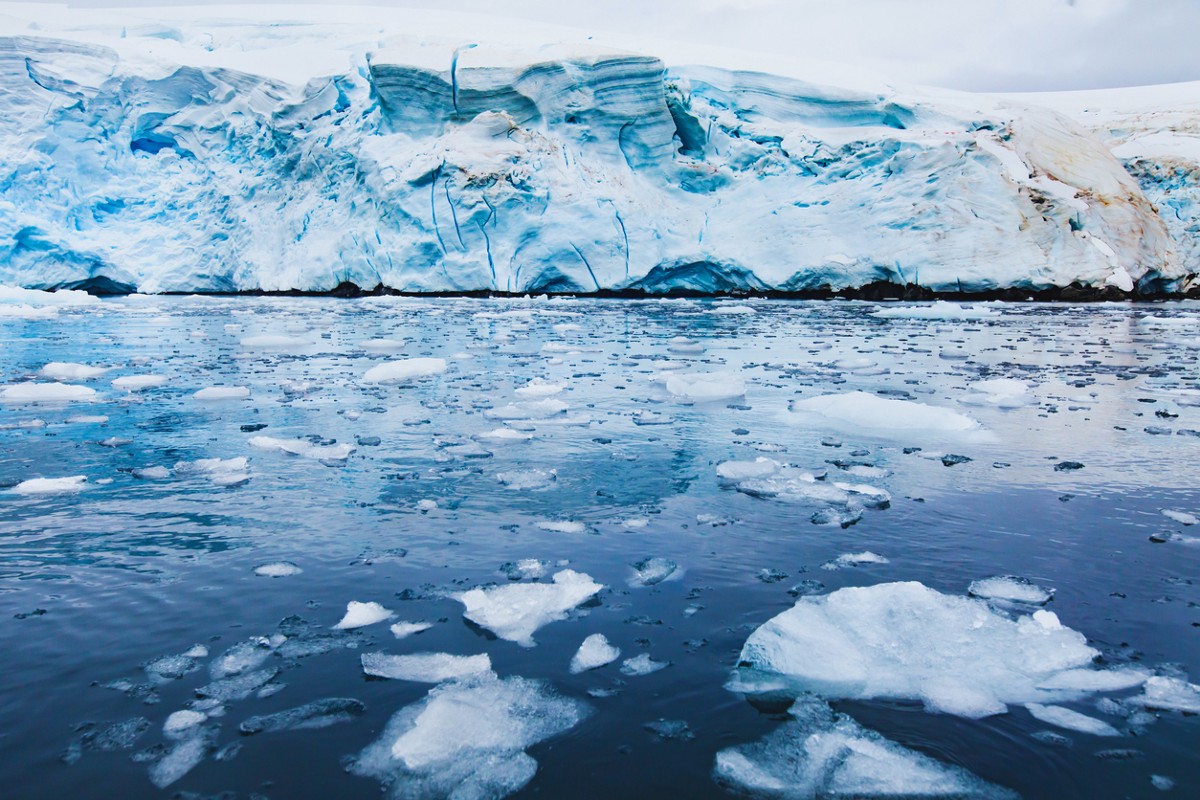Social Networks, Political Polarization and Climate Change

Damon Centola, associate professor in the Annenberg School for Communication and Penn Engineering, uses formal and computational models of social networks to study collective human dynamics.
As the Director of the Network Dynamics Group and a member of the Warren Center for Network & Data Sciences, he uses online experiments to study how changes to the structure of these social networks can dramatically impact the spread of ideas and behaviors across large populations.
Centola has recently used this approach to investigate how social networks might influence users’ understanding of a deeply contentious political issue: Climate change.
Social media networks, which often foster partisan antagonism, may also offer a solution to reducing political polarization, according to new findings published in the Proceedings of the National Academy of Sciences from a team led by University of Pennsylvania sociologist Damon Centola.
The Penn researchers asked 2,400 Republicans and Democrats to interpret recent climate-change data on Arctic sea-ice levels. Initially, nearly 40 percent of Republicans incorrectly interpreted the data, saying that Arctic sea-ice levels were increasing; 26 percent of Democrats made the same mistake. However, after participants interacted in anonymous social media networks — sharing opinions about the data and its meaning for future levels of Arctic sea ice — 88 percent of Republicans and 86 percent of Democrats correctly analyzed it, agreeing that sea-ice levels were dropping.
Continue reading at Penn Today.
